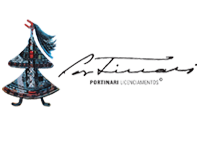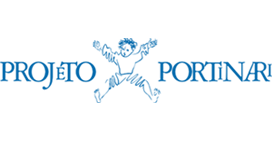General Info
Her birth in Rio; meeting Portinari through her aunt Lúcia Miguel Pereira; art course at the Fundação Getúlio Vargas/FGV; working at Leskoschek's studio; trip to Europe; meeting Brazilian artists in Europe; Luíz Ventura; Otávio Araújo; Carlos Scliar; Maison de L'Amérique Latine; leftist political inclination; relationship with Portinari in Paris; her marriage; exbitions in Europe; major prize at the Bienal de São Paulo; her offer to help Portinari in work on the "Peace" panel; Bianco; Portinari praises her work; the faculty at the FGV; the students; lack of interest in attending the Escola Nacional de Belas Artes/ENBA; Arpad Szenes' studio in Paris; Portinari's didactics style; Portinari's selfishness and generosity; Portinari's vanity; the death of aunt Lúcia Miguel Pereira; her mother's sense of aesthetics; Nélson Pereira dos Santos; the film "O Saci"; Portinari's relationship with the Communist Party; Portinari's illness; learning to mix colors with Portinari; close friendship with Portinari; the "D. Quixote Series"; Portinari's life solely revolves around work; Portinari gives homework; the childish side of Portinari; Portinari's total awareness at the end of his life; hearing deficiency; granddaughter Denise ; Portinari's pride of his son; praise for Maria; Portinari's social painting; the French Communist Party/PCF disregards Portinari; the incident with Picasso; the support of Capanema; the painting "Coffee"; the Party's radicalism; the panel "Northeastern Migrants"; the Italian and Mexican influences on Portinari's muralism; Bianco and the panels "War" and "Peace"; Tereza has to give up painting due to her asthma.
























































